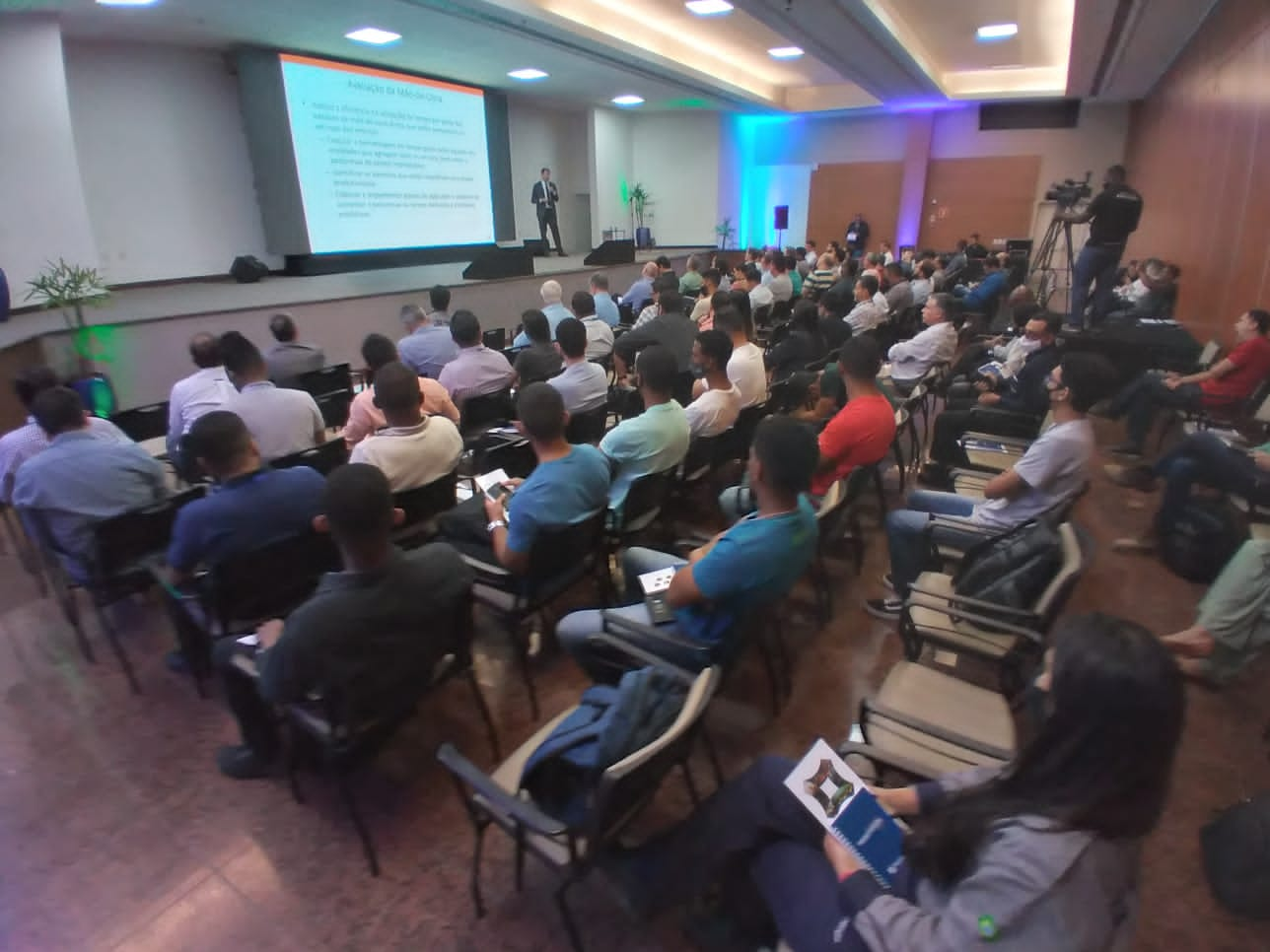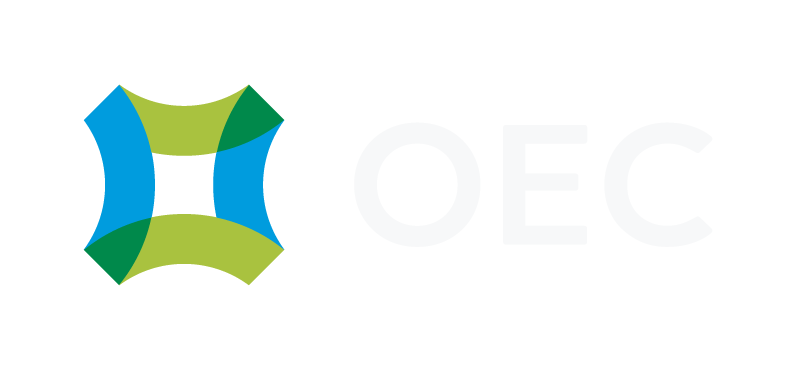Libro en formato digital que presenta una colección de artículos desarrollados en el programa OEC IN sobre tecnologías, retos...
Brazil needs to invest in creating a productivity culture
DATE: 08/04/2022
“The same way a safety culture has been created over the past few decades, productivity habits need to be created, and observed throughout the stages of an event.” With this statement Carlos Caldas, professor of the Department of Civil, Architectural and Environmental Engineering at the University of Texas, Austin, closed his presentation at the Construction Productivity Seminar, held by Tenenge Engenharia this morning – July 28, at Senai-Cimatec 3, in Salvador.
When questioned about Brazil’s productivity level in comparison with other developed countries, the specialist was adamant that the main opportunities lie with the labor force’s characteristics and in integrated planning.
“It is very difficult to compare productivity from country to country, but I risk saying that productivity in Brazil is lower compared to the best practices in the world. The characteristic of our labor force is less multitasking. In addition, we generally have more workers working on our sites than on the construction sites observed in research we conducted in the US and Singapore,” revealed Caldas.
Another mantra defended by the professor is that the observation of the construction sites is a fundamental task to increase productivity. “You need to identify opportunities for improvement and take action. For this, more integration between contractor and contracting party in the planning of the works, from the beginning to its execution phase, is fundamental. Metrics need to be developed and tracked, ensuring more coordination and communication at the process level, and this doesn’t involve big costs,” said the expert, who is a board member of the International Association for Automation and Robotics in Construction.
Best Practices
The Seminar’s schedule was opened by José Vinícius Vieira, from Tenenge Engenharia, who talked about “Health, Safety and Environment”. In his speech, Vieira pointed out that there is a large correlation between a company’s productivity and Workplace Safety.
“The safer the environment, the lower the number of accidents, occupational diseases, material losses, and also problems with customers and health, safety, and environmental inspection agencies. Consequently, we reduce the risks of sick leave, expenses with employees on leave, embargoes, and replacement of machinery and equipment,” he summarized.
Alejandro Castaño, Contracts Director at Tenenge Engenharia, talked about the human aspect in productivity, and examples of processes and tools made available by the CII – Construction Industry Institute, an entity based at the University of Texas – USA.
“‘Hands on tool’ time does no good without quality and planning. In short, productivity serves to reduce the time and cost of a project, and for this you need quality,” said Castaño.
Next, Luis Mario Cunha Garcia Chavez, responsible for the Corporate Reliability and Maintenance Strategy area at Braskem, spoke about “Productivity Improvement”.
Chavez talked about Braskem’s vision on the subject of maintenance productivity, based on four pillars: routine maintenance, maintenance stops, new technologies, and personnel. “Our vision is built on long-term performance-based contracts supported by digital solutions, standards, and procedures,” revealed the Braskem executive.
During his talk, Chavez shared the new technologies deployed in 2021 and those that are being implemented in 2022 by the company, such as robots to inspect buried lines, available in an autonomous car, or drones that monitor tank cleaning. “There are many technologies and digital solutions we can use for productivity and safety,” he concluded.
The Productivity Seminar was closed with a lecture on “Industry 4.0”, given by Herman Lepikson, Leader Researcher of Senai Innovation Institute in Logistics and Production Automation and Professor at the Senai-Cimatec University Center. The paradigm changes in the digital society guided the teacher’s approach. “The world is exploding and our industry needs to see itself within that,” says the mechanical engineer.
The challenge of attracting and qualifying labor was classified by Herman as strategic for the new era that he called “integrated digital manufacturing”. “We need to adjust the thinking from ‘labor to mind labor’. Besides, it is fundamental to absorb new technologies, otherwise we will always be hostages of new inventions”, he assured.
Follow Tenenge ‘s channels on the social media and the OEC podcast about engineering and innovation on Spotify and Youtube platforms. The content is an important input for students and professionals in engineering fields and related.




No comments